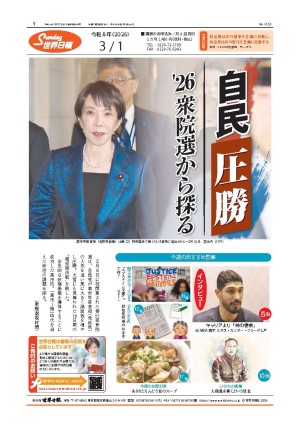過激派イスラム教徒の封じ込めに手を焼く英 Radical Islam gives British authorities difficulty to contain
英当局は長年、ごく一部のイスラム説教者らに触発されたごく少数だが非常に強い信念を持つイスラム教徒を封じ込めようと対策を講じてきたが、そのような中で22日に、英国会議事堂近くでのテロ事件は起きた。過激な説教者の中には、若者を唆して「イスラム国」(IS)に入らせようとしたとして9月に有罪判決を受けた者もいる。
22日夜の時点で、事件の容疑者らの名前は公表されていない。事件では、ロンドンのウェストミンスター橋で歩行者らが車で次々とひかれ、警官が刺殺された。この日のちょうど1年前、ベルギーのブリュッセルの地下鉄と空港でイスラム国による連続自爆テロが起きた。
...【全文を読む】







